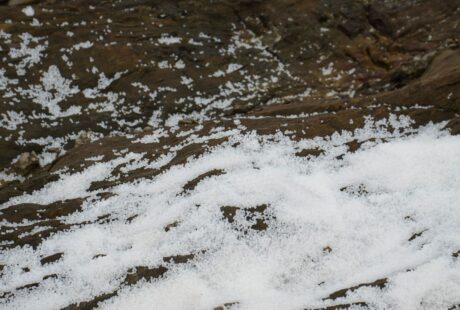In Europe, waste fishing gear (e.g. nets and ropes) are among the 10 most common marine litter items found on beaches, accounting for 27% of the total, according to the European Joint Research Centre. Fishing gear is made of plastic and has a short lifecycle, while waste management and recycling of fishing gear is very scarce, with few incentives and only limited systems in place at ports. This is exacerbated by the fact that fishing gear is not (yet) designed for reuse and recycling, and clean-up activities and targeted recycling projects fail to prevent further leakage into the sea.
An unacceptably large proportion of fishing gear is lost at sea each year. Abandoned, lost and discarded fishing gear causes substantial environmental impacts, entangling marine wildlife such as sea turtles, marine mammals, fish and marine birds. ‘Ghost fishing’, where lost fishing gear continues to catch fish, is another significant source of damage. Direct physical damage is also inflicted on marine ecosystems, such as shorelines, coral reefs, deep sea habitats, seabed and seagrass fields. Finally, abandoned fishing gear functions as a channel for invasive species distribution into the marine environment.
It is important that European governments take steps to prevent waste fishing gear from polluting our seas if we are to stop this threat to marine life and ecosystems. Seas At Risk, as part of the Rethink Plastic Alliance, recently published a guide ‘Curbing sea-based pollution’, which addresses the environmental challenge represented by fishing gear. The guide contains a series of recommendations on ambitious national implementation of the measures set out by the Port Reception Facilities Directive and the Single-Use Plastic Directive. It also addresses a range of measures to drastically reduce fishing gear pollution, such as:
- Eco-design requirements
- Extended producer responsibility schemes to encourage producers to develop environmentally friendly products
- Fishing-for-litter programmes to capture passively fished waste by fishermen
- National collection targets to encourage separate collection and reuse/recycling of waste fishing gear
- Monitoring and reporting requirements
- Awareness-raising measures.
Seas At Risk is confident that this guide will support national governments in implementing the new legislation and thereby lead to cleaner European seas.
Posted on: 5 November 2019


